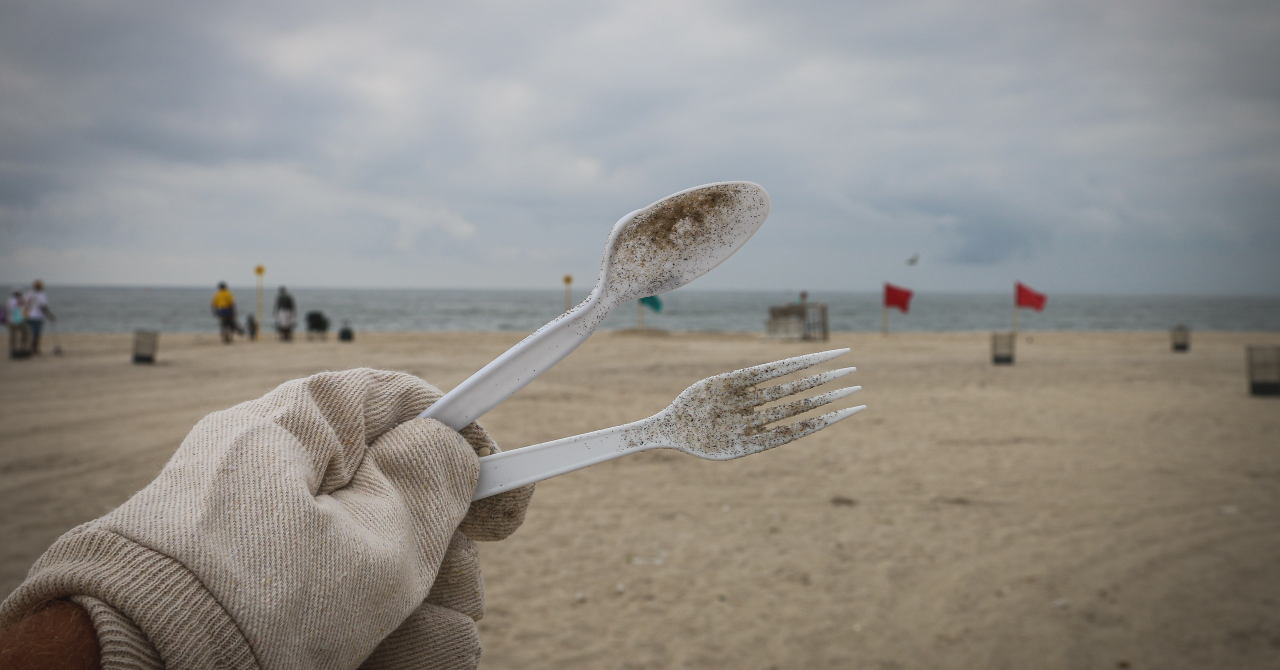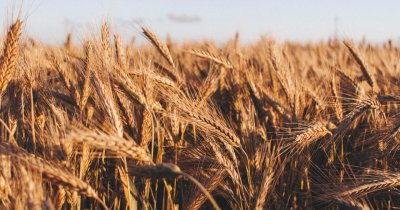According to World Economic Forum, figures from the United Nations claim that about 11 million tons of plastic reach the ocean every year, a very worrying amount, hence the rush to find a solution quickly.
While world leaders have until 2024 to decide on a plastic pollution treaty, which should address the whole lifecycle of plastic, some companies and researchers already start developing new ways of recycling and repurposing plastic.
Building bricks made of recycled plastic
One of them is Gjenge Makers, a Kenya-based company, that hopes to revolutionize the building industry with their bricks made out of recycled plastic, which can be used for paving, as well.
The plastic waste recovered by the company is collected and combined with sand, then remodeled into bricks.
So far, company representatives claim to have repurposed over 100 tons of plastic, and at the same time they created job opportunities for the local communities, who are engaged in collecting the garbage.
Sportswear made of recycled plastic
Lightweight sportswear from recycled plastic is one of the innovations coming from the Massachusetts Institute of Technology.
The researchers there have been able to make fabric from polythene, which is the thin plastic used for bags and food wrap.
The scientists were able to develop the fabric in such a way that water can escape, which makes it ideal for sportswear, such as leggings or trainers.
Svetlana Boriskina, a researcher who worked on the project said that "once someone throws a plastic bag in the ocean, that’s a problem. But those bags could easily be recycled, and if you can make polyethylene into a sneaker or a hoodie, it would make economic sense to pick up these bags and recycle them.”
Gasoline and diesel made from plastic waste
A company from Zambia has the ambitious goal of making fuel out of burning tires and plastic waste in a reactor.
The Central African Renewable Energy Corp is making about 700 liters of diesel and gasoline per day from 1.5 tons of waste.
Mulenga Mulenga, CEO of the company hopes to be able to gather funds in order to scale the operations. He said that "at the peak of it, we hope that we will be able to contribute even 20-30% of the current fuel used in the country."
While this project helps decluttering Zambia and provides a fuel alternative for the population, the process is far from perfect, as a lot of carbon dioxide is being produced along with the fuel.
Packaging for personal care products made of recycled palstic
PiperWai, a Brooklyn-based startup, recycles plastics found in oceans and turns them into packaging for their line of natural deodorants.
The company's founder previously used glass and plastic in order to make packaging for her skincare products, but wanted to find more sustainable alternatives.
The company uses the plastic waste that fishermen collect from the ocean.
 Mihai - Cristian Ioniță
Mihai - Cristian Ioniță












Any thoughts?